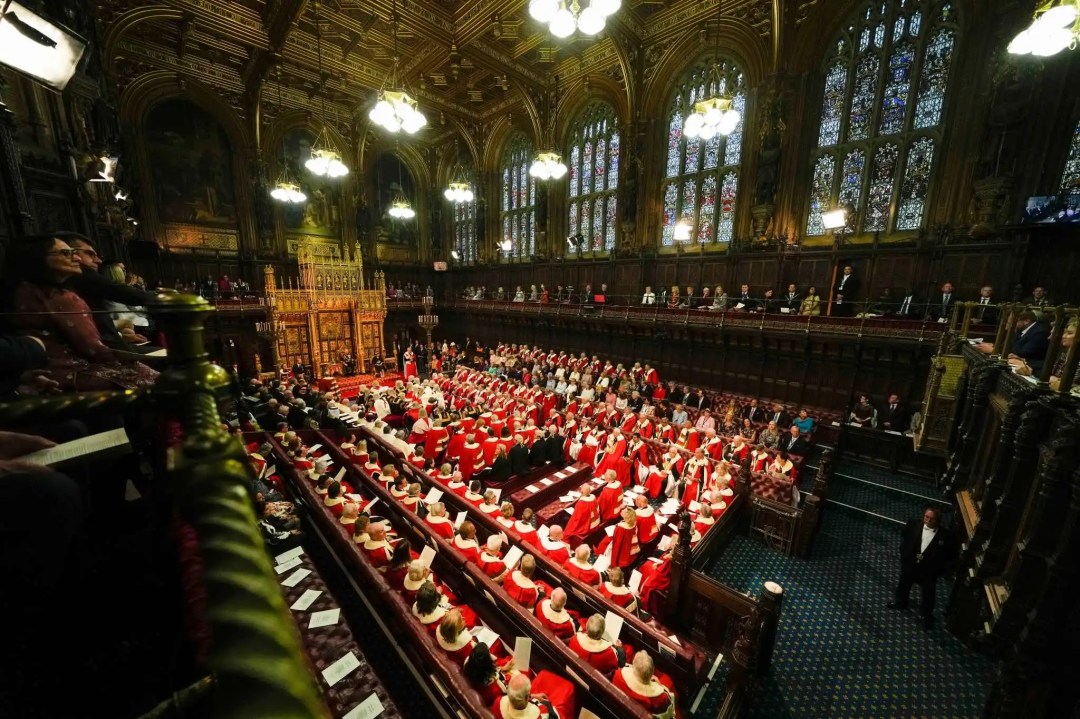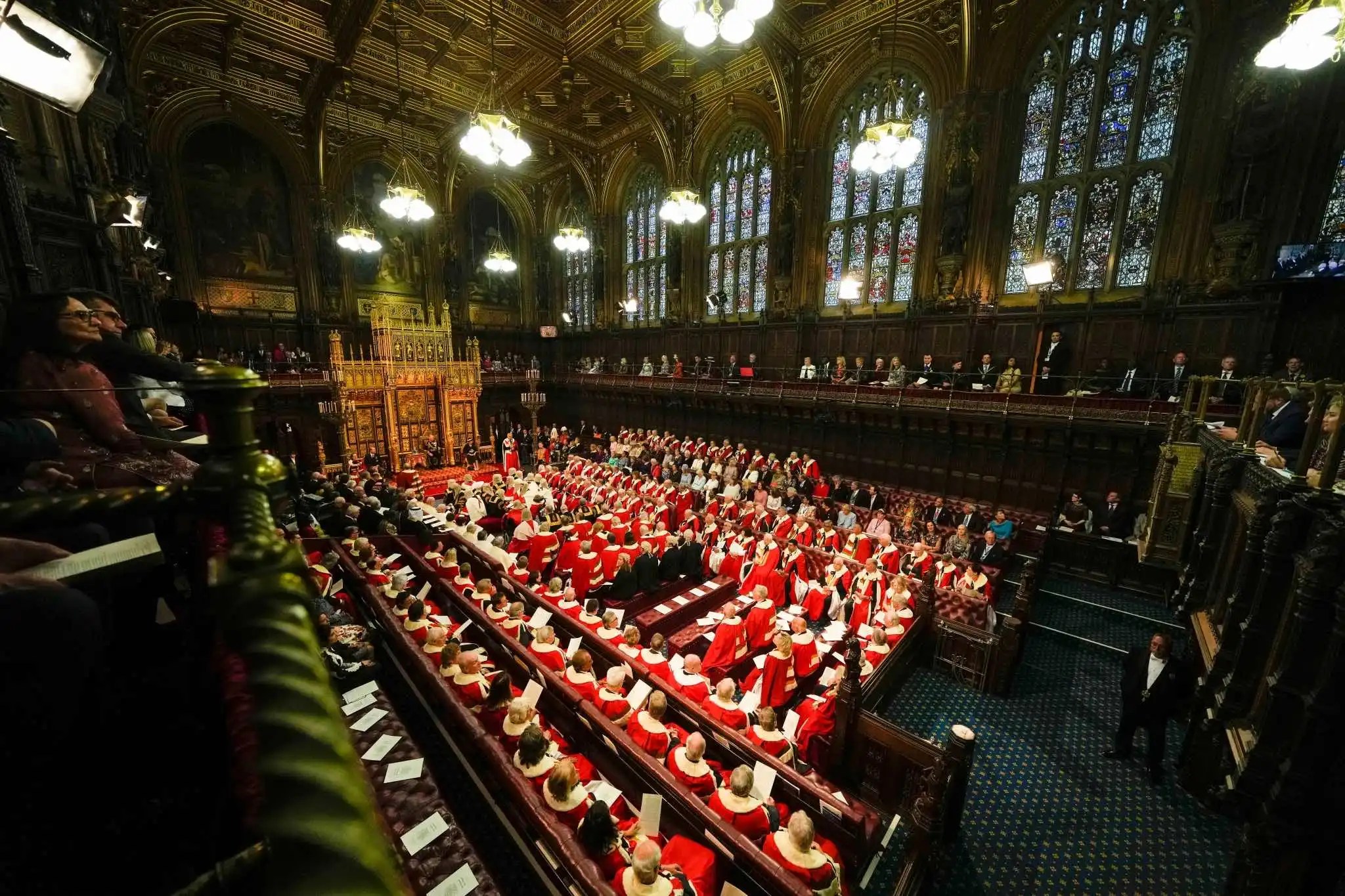Tonight the House of Lords has blocked the government’s plan to relax restrictions on water pollution to encourage housebuilding. Ministers wanted to remove EU-era ‘nutrient neutrality rules’ so as to enable 100,000 new homes to be built by 2030. But the government was defeated by 203 votes to 156 over the issue. Three Conservative peers – including Lord Deben, the former chair of the climate change committee – voted against the government alongside opposition peers. Deben was especially caustic, describing the proposed changes as ‘one of the worst pieces of legislation I have ever seen and I’ve been around a long time.’
Normally, defeats in the Lords can be reversed in the Commons, using the still-hefty Tory majority of 60. But because the government’s plans to scrap these rules came through a late stage amendment to Michael Gove’s Levelling Up and Regeneration Bill, it cannot try again in the House of Commons now it has been defeated in the Lords. The proposal would instead need to be brought forward in the form of a new bill in the next parliament. Tonight’s defeat makes Rishi Sunak’s target of 300,000 net new homes built by the mid-2020s even more difficult to fulfill.
Michael Gove was quick out the blocks following Labour’s triumph, accusing Keir Starmer of ending ‘the dream of home ownership for thousands.’ Angela Rayner, in her new role as Shadow Levelling Up Secretary, retorted that ‘the Tories have utterly failed in their attempt to score cheap political points with a flawed plan.’ Gove’s response is to contrast Rayner with her predecessor Lisa Nandy who – in his words – ‘indicated her support for these measures’ but was ‘demoted for being too pro-housebuilding and too pro-homeownership.’
It follows on from Sunak’s attack earlier today at PMQs, in which he accused Starmer of ‘flip-flopping’ over the issue. Labour’s housing spokesman Matthew Pennycook did indeed tell the Commons last week that it was ‘his party’s view’ that ‘the operation of the rules around nutrient neutrality is reviewed with a view to addressing problematic delays and increasing the pace at which homes can be delivered.’ Clearly though, environmental concerns won out for Labour, with the likes of the RSPB declaring their ‘delight’ at the government’s defeat.
Tonight’s result may lead to more questions for the Opposition than it does for the government. Sunak has had great difficulty in his 11 months in office in trying to steer a course for his party between the likes of Simon Clarke, an enthusiastic supporter of new homes, and Theresa Villiers who, unfairly or not, has acquired the tag of being a ‘NIMBY’. Starmer has previously sought to distinguish himself as being ‘a builder not a blocker’, unconstrained by party divides on new housing. Pennycook’s retention of the housing brief in last week’s reshuffle was intended to be a deliberate contrast with the six Tory ministers who have held this portfolio since 2021 and a sign that Labour will take housing seriously if elected.
Starmer’s party may well celebrate victory tonight but as a Labour government looks increasingly likely, they can expect to face more questions about how exactly they will deliver the new homes they say that Britain needs.








Comments